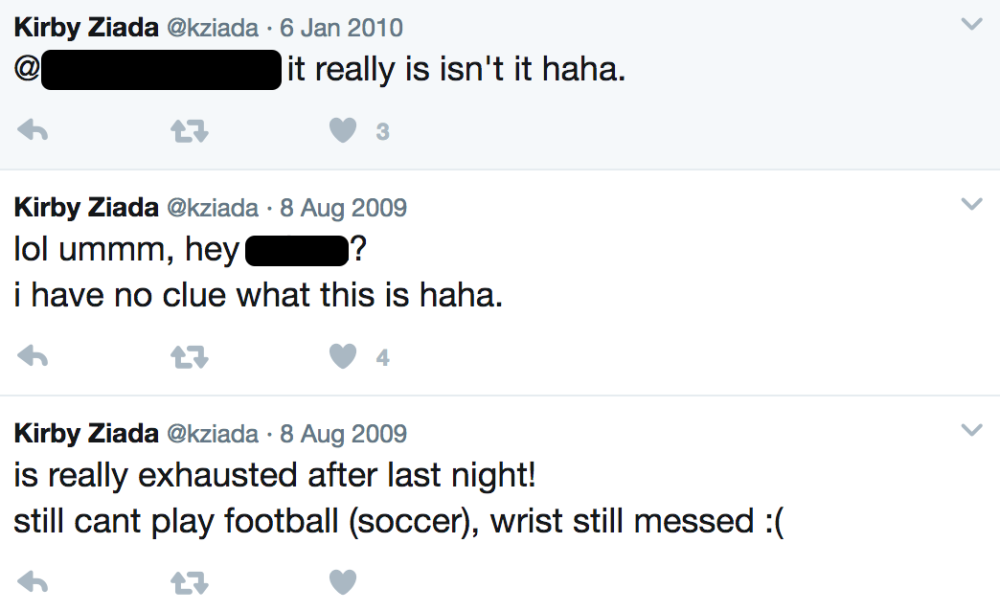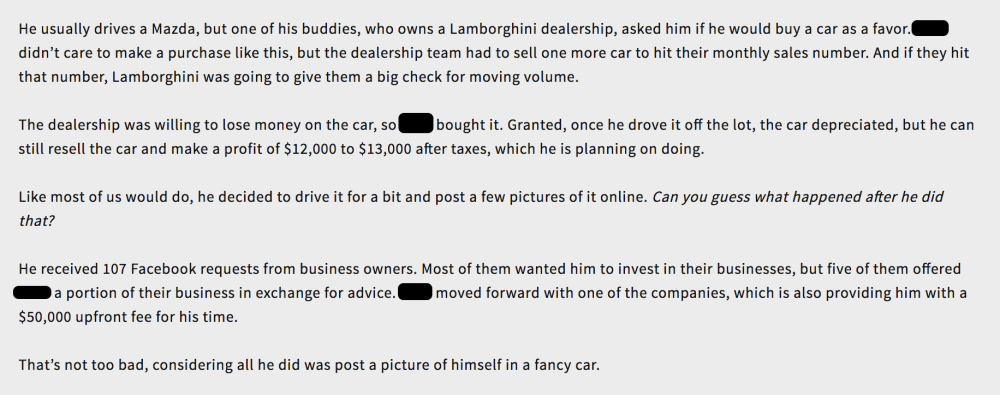ALC205 – Surveillance and Drones – Dangerously Fun!
Photographers and alike can now improve their work with the recent introduction of consumer drones, they can charge more – thus earning more money by taking more elaborate shots. Unfortunately, these machines can be manipulated pretty easily and used for more sinister reasons if put into the wrong hands. DJI’s very own drones have the capability of recording high definition (1080p and 4K), they have the ability to fly over 5km away in distance, and 500m high – so while this proves to be a fun feature, it can also be sinister if not used correctly. The camera gives one the ability to surveil the area, record at high definition and be able to rewatch, reuse or edit the footage that you’ve recorded. Due to the

Personal picture: My DJI Mavic Pro – April 20th, 2017.
Luckily for us, there are laws and regulations put in place if you’d like to fly these, such as not flying them in crowded areas or having to be a certain distance away from another person.
There are two types of surveillance with drones, there is surveillance through data and surveillance through video. Surveillance through data is basically the tracking of data, with my DJI Mavic, I also needed the DJI app which allowed me to see what the drone was recording – through the app, you could see data such as how many km you’ve flown, your total flight time and even how many crashes you’ve had! Crazy, right? We never know where this data is going and who it’s going to. On the other end of the spectrum, there’s recording with drones and the fact that it holds such menacing features, such as tracking and facial recognition! This is where the ‘with great power comes great responsibility’ saying comes to play.
If we are to ensure the safety of the citizens, we need to be more active in taking steps to secure safety. There are a few instances of progression, the app ‘B4UFLY’ allows drone operators to see what laws and regulations are in place before they fly at their current location and a list where citizens can put their current addresses as ‘no-fly zones’ (Wang et al., 2016).
If we’re looking on a bigger scale of droning and surveillance, there are also military drones which can provide unmanned attacks and surveillance without the risk of losing a life. Unmanned Aerial Vehicles (UAV’s) are dangerous and can threaten the only shred of decency left in war – so we need to keep our humanity.

Familien-Tag bei EADS in Manching 10.07.06 by Jean-Patrick Donzey (CC BY-SA 3.0)
Research suggests that drone developers know that the laws are in place, but still choose to ignore them (Wang et al., 2016). I believe that if we’re going to keep droning peaceful and fun then not only do the manufacturers and developers have to keep it ethical but the consumer (aka us!) have a responsibility to keep it legal and ethical. Drones should be kept at a standard and be easily noticeable at first sight, eg. Police drones differ to consumer drones. This isn’t just my opinion but rather that of several informants’ (Wang et al., 2016).

Personal picture: Beach Shot – December 31st, 2016.
Keep it ethical, keep it fun! Don’t ruin a good thing.
References
Wang, Y, Xia, H, Yao, Y & Huang, Y 2016, “Flying Eyes and Hidden Controllers: A Qualitative Study of People’s Privacy Perceptions of Civilian Drones in The US”, Proceedings on Privacy Enhancing Technologies, vol. 2016, no. 3, p. 174, viewed 4 September, 2017, <https://www.degruyter.com/downloadpdf/j/popets.2016.2016.issue-3/popets-2016-0022/popets-2016-0022.pdf>.
Wang, Y, Xia, H, Yao, Y & Huang, Y 2016, “Flying Eyes and Hidden Controllers: A Qualitative Study of People’s Privacy Perceptions of Civilian Drones in The US”, Proceedings on Privacy Enhancing Technologies, vol. 2016, no. 3, p. 174, viewed 4 September, 2017, <https://www.degruyter.com/downloadpdf/j/popets.2016.2016.issue-3/popets-2016-0022/popets-2016-0022.pdf>.
Wang, Y, Xia, H, Yao, Y & Huang, Y 2016, “Flying Eyes and Hidden Controllers: A Qualitative Study of People’s Privacy Perceptions of Civilian Drones in The US”, Proceedings on Privacy Enhancing Technologies, vol. 2016, no. 3, p. 182, viewed 5 September, 2017, <https://www.degruyter.com/downloadpdf/j/popets.2016.2016.issue-3/popets-2016-0022/popets-2016-0022.pdf>.






